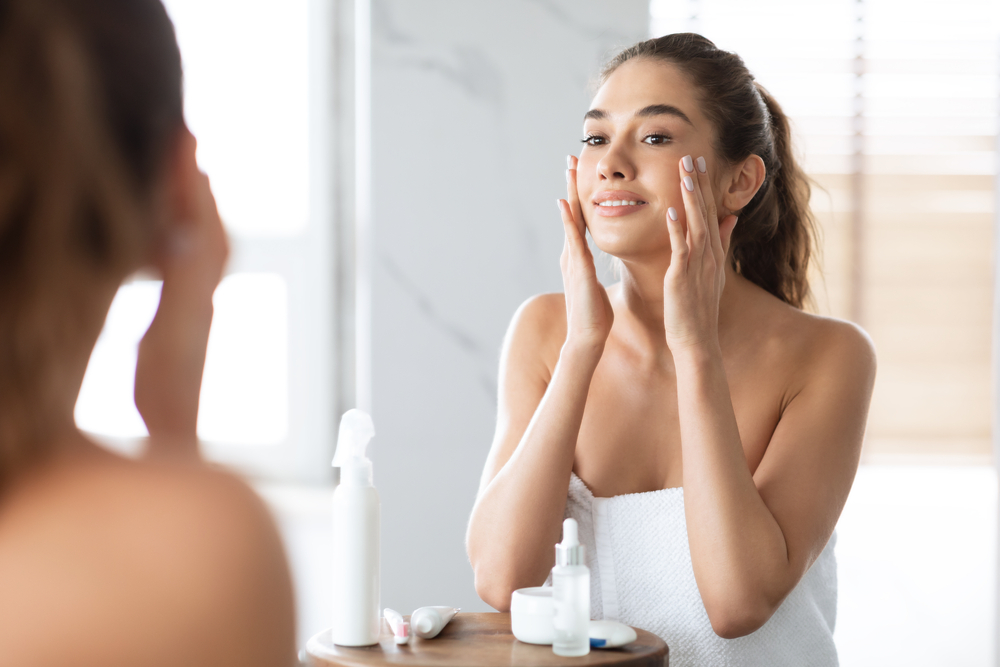Q: Is it true that the higher the SPF in sunscreen, the better?
A: Not necessarily. While a higher SPF does offer more protection, there is little difference between SPF 30-50. In addition, reapplication is necessary, especially after swimming or sweating. Also, SPF only measures protection against UVB rays, not UVA, so it’s essential to choose a broad-spectrum sunscreen.
Q: Should I avoid moisturizers if I have oily skin?
A: No, oily skin still needs hydration. In fact, skipping moisturizer can lead to your skin producing even more oil to compensate for the lack of moisture. Look for lightweight, oil-free moisturizers that won’t clog pores.
Q: Can drinking water improve my skin’s appearance?
A: While staying hydrated is crucial for overall health, there’s limited scientific evidence to suggest that drinking water directly improves skin hydration or appearance. However, maintaining adequate hydration levels can help support your skin’s natural functions.
Q: Will using more skincare products yield better results?
A: Not necessarily. Overloading your skin with too many products can actually irritate it and lead to breakouts or other issues. It’s essential to find a skincare routine tailored to your skin type and needs, which may not always involve using a plethora of products.
Q: Is it true that natural ingredients are always better for your skin?
A: Not necessarily. While some natural ingredients can be beneficial, not all are suitable for every skin type, and some may even cause irritation or allergic reactions. Similarly, many synthetic ingredients are safe and effective. It’s more important to focus on the specific ingredients and how they interact with your skin rather than whether they’re natural or synthetic.
Q: Can certain foods cause acne?
A: While diet can play a role in overall skin health, there’s limited evidence to suggest that specific foods directly cause acne in everyone. However, some individuals may find that certain foods exacerbate their acne. It’s essential to pay attention to how your diet affects your skin and make adjustments accordingly.
Q: Will exfoliating every day give me smoother skin?
A: Exfoliating too frequently can actually strip away the skin’s natural oils and lead to irritation or sensitivity. It’s best to exfoliate no more than 2-3 times a week, depending on your skin type and the type of exfoliant you’re using.
Remember, skincare is highly individual, and what works for one person may not work for another. It’s essential to do your research, listen to your skin, and consult with our dermatologists if you have specific concerns or conditions.






